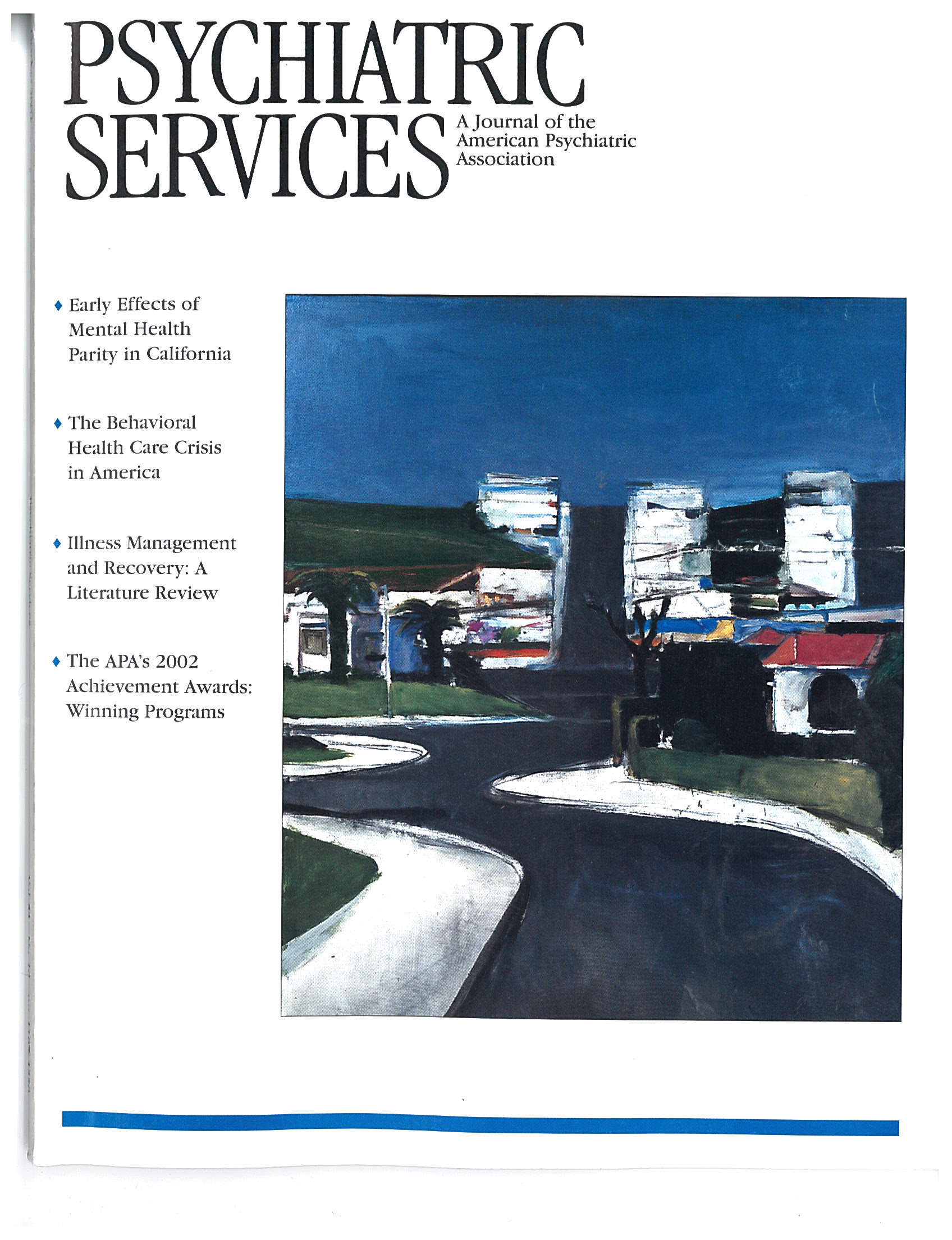Borderline Personality Disorder, Suicide, and Pharmacotherapy
In Reply: Dr. Parker is right to point out that my article did not substantively address the question of whether medication can reduce the risk of suicide in borderline personality disorder. I have commented briefly on this issue in a recent article (1) and will go into further depth in a forthcoming book (2).
At this point, we do not have enough data to determine how effective medications are for the symptoms of borderline personality disorder. As Dr. Parker acknowledges, their use is not well supported by solid evidence. Recent guidelines published by the American Psychiatric Association (3) argued for an algorithmic approach using a variety of agents to target specific symptoms. However, these recommendations are not based on the results of randomized controlled trials.
By and large, the medications used for borderline personality disorder, including selective serotonin reuptake inhibitors, neuroleptics, and mood stabilizers, reduce impulsivity to some degree but fail to reduce the affective instability that lies at the core of the disorder. It is possible that reducing impulsivity helps prevent suicide completion among borderline patients. However, we do not have data to support that conclusion. Long-term follow-up studies have all shown a high suicide rate among patients with this disorder. Rates were found to be high among those who were receiving treatment and those who were not, although the cohorts in these studies were treated primarily with psychotherapy. Most patients with borderline personality disorder who commit suicide do so when they are not in treatment (4); however, the results of the ongoing National Institute of Mental Health Collaborative Study of Personality Disorders may shed further light on this issue.
1. Paris J: Comments on the American Psychiatric Association Guidelines for the Treatment of Borderline Personality Disorder. Journal of Personality Disorders 16:130-134, 2002Crossref, Medline, Google Scholar
2. Paris J: Personality Disorders Over Time. Washington, DC, American Psychiatric Press, in pressGoogle Scholar
3. Oldham JM, Gabbard GO, Goin MK, et al: Practice Guideline for the Treatment of Patients With Borderline Personality Disorder. American Journal of Psychiatry 158 (Oct suppl):1-52, 2001Google Scholar
4. Paris J: Implications of outcome research for the treatment of borderline personality disorder; Harvard Review of Psychiatry, in pressGoogle Scholar



